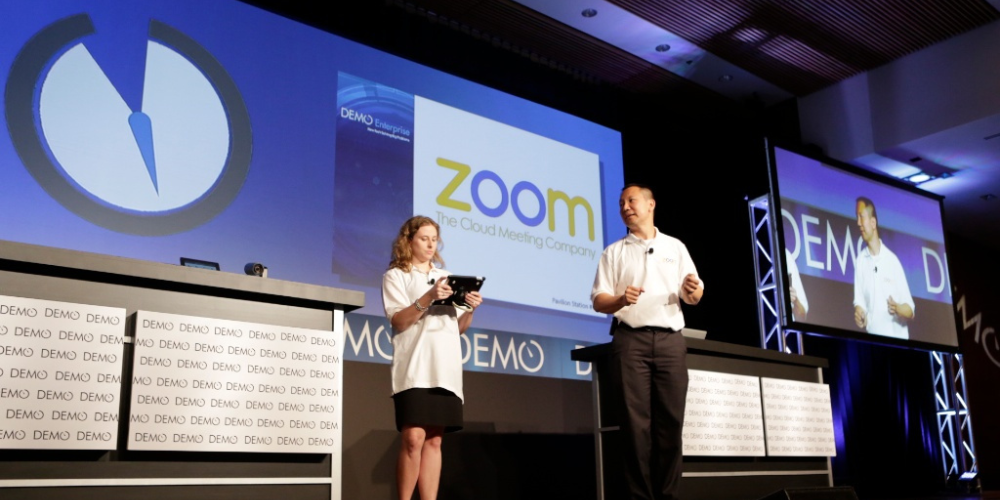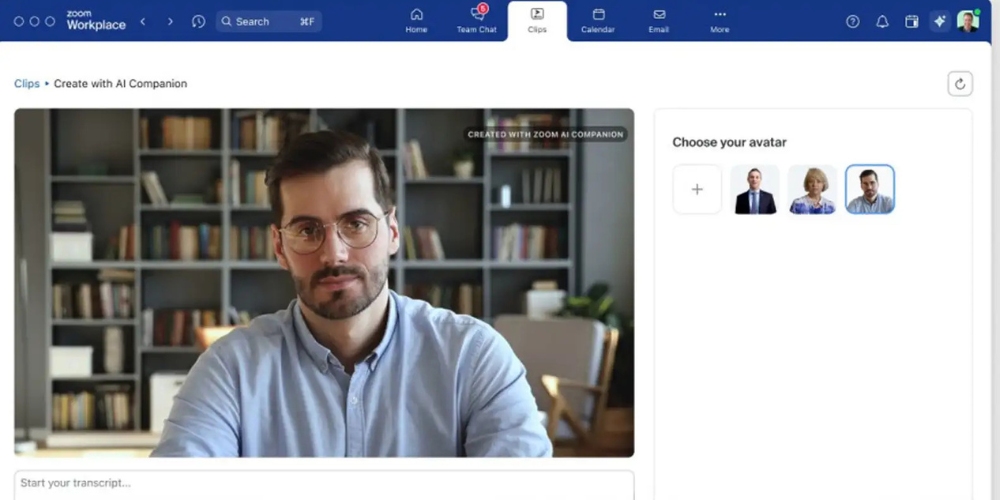Hosting a Virtual Event on Zoom: Strategies for Success
Oct-07-2024

Virtual events have transformed the way we connect and communicate. Whether for business, education, or personal purposes, mastering the art of hosting a successful virtual event on platforms like Zoom is a crucial skill.
The Rise of Virtual Events
The pandemic era spurred a global shift toward remote communication, with virtual platforms emerging as essential tools for staying connected. Virtual events have become an integral part of professional and personal landscapes, offering opportunities to reach wider audiences without geographical constraints.
Utilizing platforms like Zoom, organizers can create immersive and interactive experiences that rival in-person gatherings. Understanding the art of virtual events opens doors to innovative possibilities for collaboration, learning, and networking.
Planning and Preparation

A successful virtual event hinges on meticulous planning and preparation. Consider what experience you want your attendees to have and how you will engage them effectively throughout the event.
Drafting a comprehensive event agenda helps keep the session structured. Make sure to allocate time for presentations, interactions, and Q&A sessions. Investing time in planning every detail ensures your event runs smoothly and achieves its objectives.
Selecting the Right Zoom Features
Zoom offers a plethora of features designed to enhance your virtual event experience. Depending on the nature of your event, you can choose from options such as webinars, breakout rooms, and chat functions.
For larger events, webinars provide a controlled environment where hosts can toggle participant interaction. Breakout rooms allow for smaller group discussions, fostering collaboration and deeper engagement among participants, while the chat function adds a layer of interaction within larger meetings.
Technical Setup and Equipment
The technical aspect of your virtual event is crucial to its success. Ensure reliable internet connectivity and invest in quality audio-visual equipment. Clear audio and crisp visuals significantly impact the participant experience, preventing miscommunications and distractions.
Familiarize yourself with Zoom's technical settings, such as screen sharing and recording features. Doing a tech run beforehand allows you to troubleshoot potential issues and create a seamless experience for your attendees.
Engagement Strategies

Keeping participants engaged is key to a successful virtual event. Incorporate interactive elements such as polls, quizzes, and Q&A sessions to maintain interest and encourage active participation. These features not only break monotony but also foster a sense of community among attendees.
Encourage participants to use their webcams, creating a more personal and connected atmosphere. Personalizing your interaction with attendees keeps them invested and ensures a memorable virtual experience.
Effective Communication
Clear and effective communication is paramount for virtual events. Establish guidelines for interaction at the beginning of the meeting, ensuring all participants understand the process for asking questions or contributing ideas.
Utilize Zoom's capabilities, such as screen sharing and whiteboards, to convey information efficiently. Practice articulating your points concisely, as a well-structured message is key to maintaining engagement and ensuring clarity.
Managing Participant Interaction
Balancing participant interaction in a virtual setting can be challenging. Utilize moderator roles to manage discussions smoothly, ensuring all voices are heard while keeping the event on track. Moderators can also manage participant chat, addressing questions and feedback proactively.
Incorporate timed discussion slots to prevent any single person from dominating the conversation. This structured approach encourages diverse voices and perspectives, enriching the overall event experience.
Post-Event Follow-Up

The conclusion of your virtual event is not the end of engagement. Follow up with attendees through surveys or feedback forms to gather insights on their experience. Their input is valuable for improving future virtual events and understanding participant expectations.
Sharing event highlights, recordings, or additional resources with participants post-event reinforces the connection and extends the impact of your virtual gathering, solidifying relationships and encouraging ongoing communication.
Evaluating Success
Evaluation is crucial for measuring the success of your virtual event. Analyze metrics such as attendance numbers, engagement levels, and feedback to assess your event’s impact. This data helps identify areas for improvement and reinforces successful strategies for future events.
Utilizing insights from evaluation allows for progressive enhancement of virtual events. Regular assessments ensure continual growth, optimizing future events' reach and effectiveness on platforms like Zoom.
Continuous Learning and Improvement
The landscape of virtual events is continuously evolving. Staying updated with the latest Zoom features and virtual event trends is essential for delivering cutting-edge experiences. Participate in webinars, workshops, and industry forums to hone your skills and keep abreast of advancements.
Adapting to feedback and embracing new strategies ensures that your virtual events not only improve but also remain engaging and relevant to attendee needs. Lifelong learning is the pathway to mastering the art of successful virtual event hosting.







